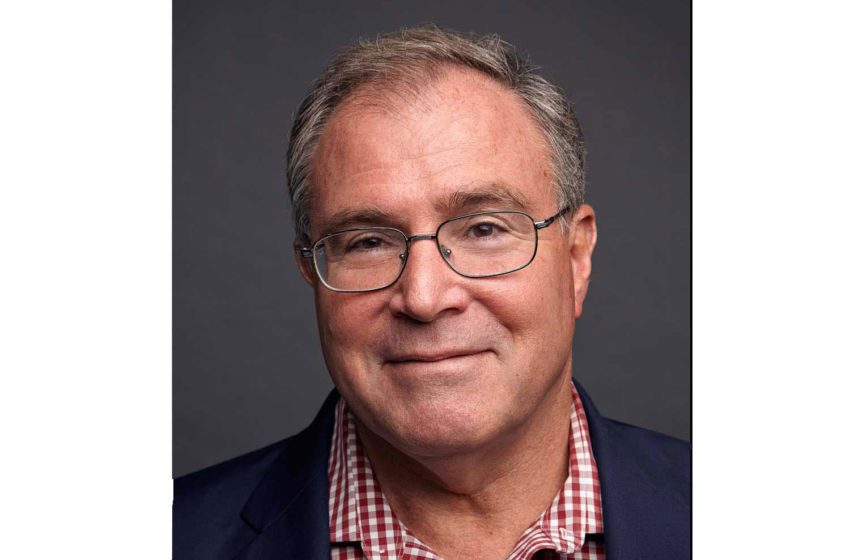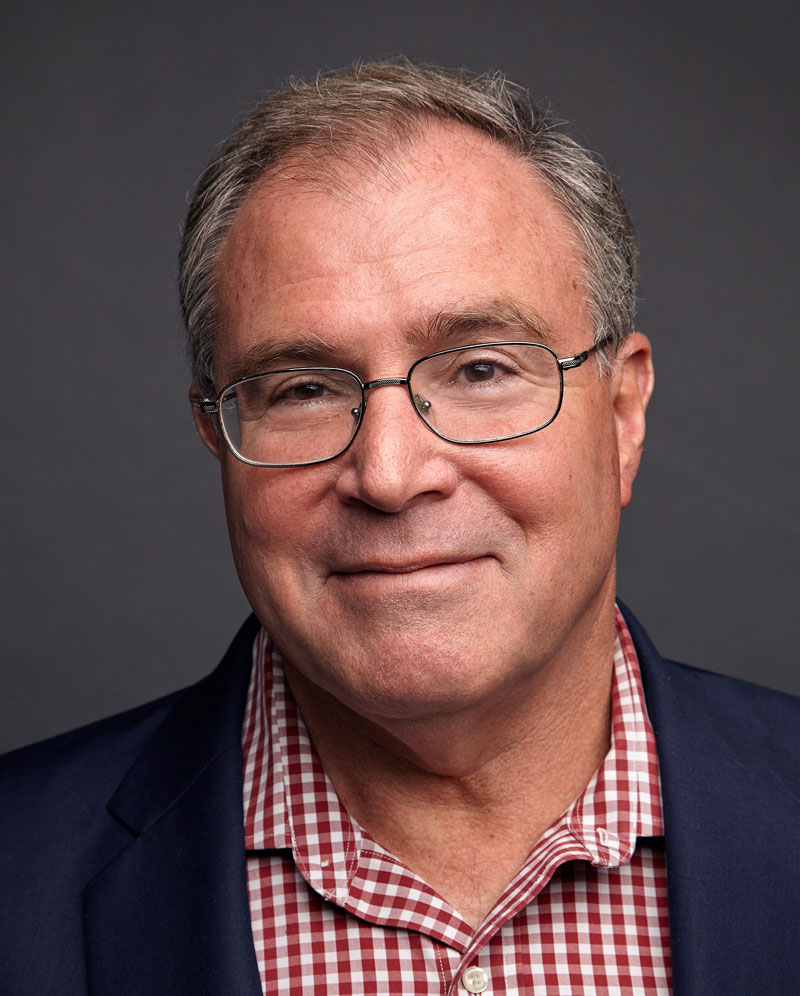
The Foundation for a Smoke-Free World has relaunched as Global Action to End Smoking (GAES).
The charitable organization says its rebrand reflects a new approach to achieving its mission to end the smoking epidemic. While GAES’ grantmaking will continue to focus on advancing health and science research for robust smoking cessation and reduced-risk solutions, it will also disseminate research findings and information to support people who smoke through its new cessation education program.
Additionally, GEAS’ agricultural transformation Initiative will continue to assist smallholder farmers in moving away from dependence on tobacco growing to achieving more healthful and sustainable livelihoods in Malawi. (Also see Tobacco Reporter‘s special report on diversification in Malawi.)
Through September 2023, the organization received charitable gifts from PMI Global Services while operating as an entirely independent entity. In October 2023, the organization ended its funding agreement with PMI. GAES has since adopted a formal policy that it will not seek or accept funding from any industry that manufactures tobacco products or non-medicinal nicotine products.
In one of its first initiatives under its new name, GEAS announced that it will fund research by the Urban Institute to study tobacco-use disorder and nicotine dependence among low-income individuals in all 50 U.S. states and the District of Columbia.
“We’re thrilled to work with the experts at the Urban Institute, who will carry out the important work of quantifying the magnitude of the problem of the smoking epidemic among low-income individuals in the U.S.,” said GAES President Cliff Douglas in a statement. “Understanding the barriers to cessation is the first step to overcoming them. This work reflects our commitment to end the smoking epidemic worldwide by helping us better understand how best to empower those at the greatest risk of suffering illness and premature death from smoking.”












